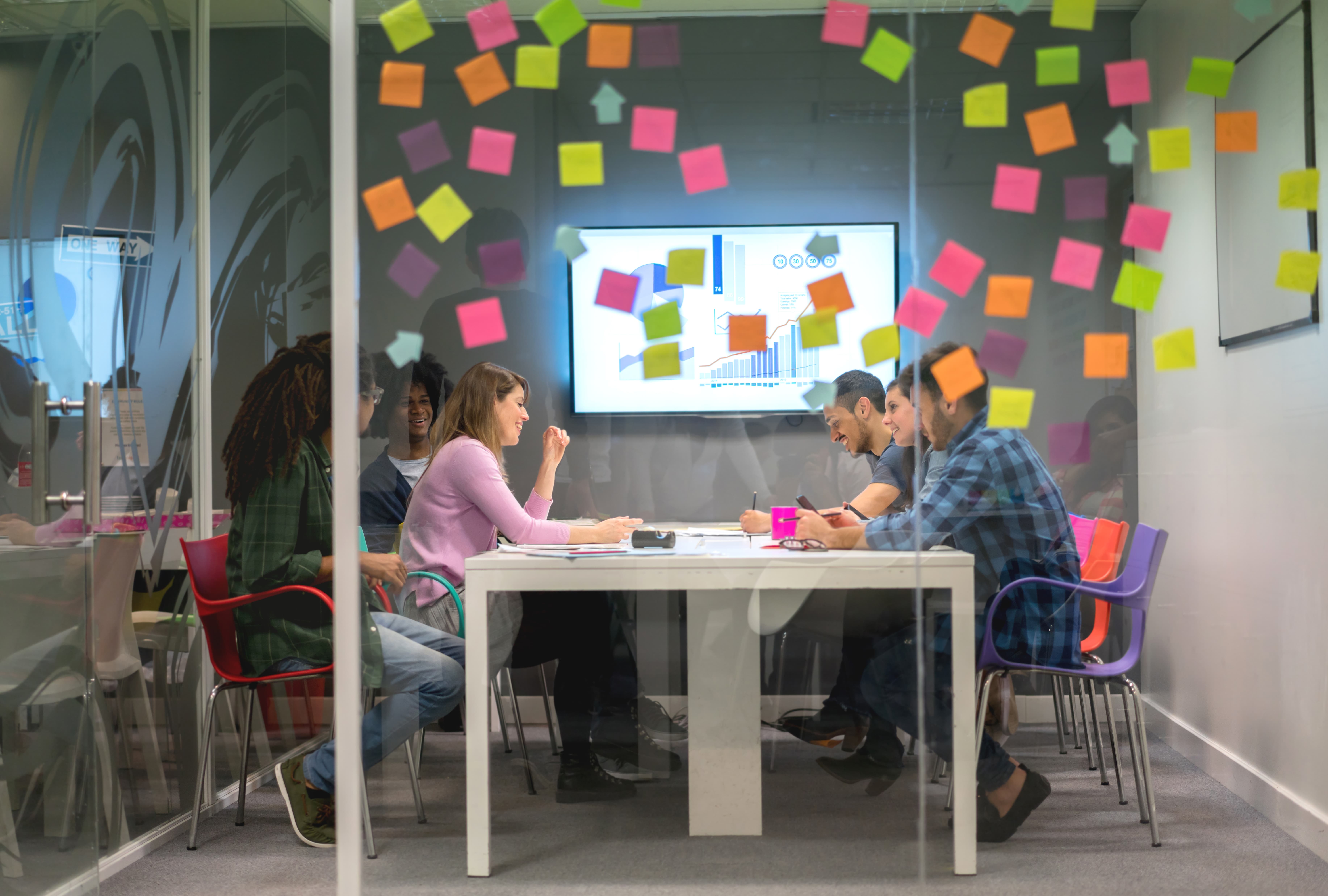Study hack for better exam results
Exam day can be stressful and overwhelming for anyone. It can be even more intimidating if you are a mature student who has been out of school for a while. But don’t fret, there are some simple solutions you can employ to help you prepare better and to build up your confidence.
According to a new study from Stanford University[1], you can boost your chances of getting a better exam grade by thinking about how you think and strategizing about how you study. Stanford researchers conducted field experiments with a group of university students preparing for an introductory statistics class exam. The students were divided into two groups. The first group received a survey asking them to think carefully about how they would go about studying for the exam. The survey asked them to reflect on several different factors as part of their preparation. The second group, which was the control group, only received reminders of their exam and the need to study.
What the researchers found was the students who utilized metacognition – the concept of awareness or understanding of one’s thought processes – and self-reflection led to an average increase in the students’ test scores of between 3.45 and 4.65 percentage points. These students also experienced additional psychological benefits, including feeling more in control of their situation and less stress as it pertained to their upcoming exam.
The students were able to accomplish better exam grades by studying smarter rather than harder. Try these steps in preparing for your next exam.
- Set a goal. Think about what grade you want to get on the exam, how important it is to you and how likely you are to achieve it. By defining what success looks like, you have a more concrete goal to work towards.
- Anticipate what will be on the exam. Ask yourself what types of questions could be posed and what topics could be tested. Evaluate your comfort level with each subject area and make note of those areas that require more of your attention.
- Identify the resources that are available to you. In addition to the course material, IFSE may offer study tools like exercises, quizzes, case studies, practice exams, pre-recorded videos, webinars and study guides. Other resources outside of IFSE may include a study group, private tutor or manager mentor.
- Select your resources and how you will use them. To optimize your study time, carefully consider which tools work best for you and focus on using them effectively.
- Map out a study plan. Write in your calendar what tasks you will do and when. Plotting out your study plan helps you use your time wisely and assists you in accommodating your studying around your other commitments (family, work, personal).
If at first you don’t succeed, take some time to self-reflect and ask yourself these questions:
- What worked well for you and what didn’t?
- Is there another resource you can use that will be more helpful?
- Are there changes you can make to your study plan that will make you more successful?
Learn from your experience and tweak your plan going forward. Use these study hacks to increase your chances for success.
Check out some of our other blog posts:
The 7 habits of successful students
[1] https://qz.com/978273/a-stanford-professors-15-minute-study-hack-improves-test-grades-by-a-third-of-a-grade/
http://news.stanford.edu/2017/05/08/studying-strategically-equals-improved-exam-scores/

